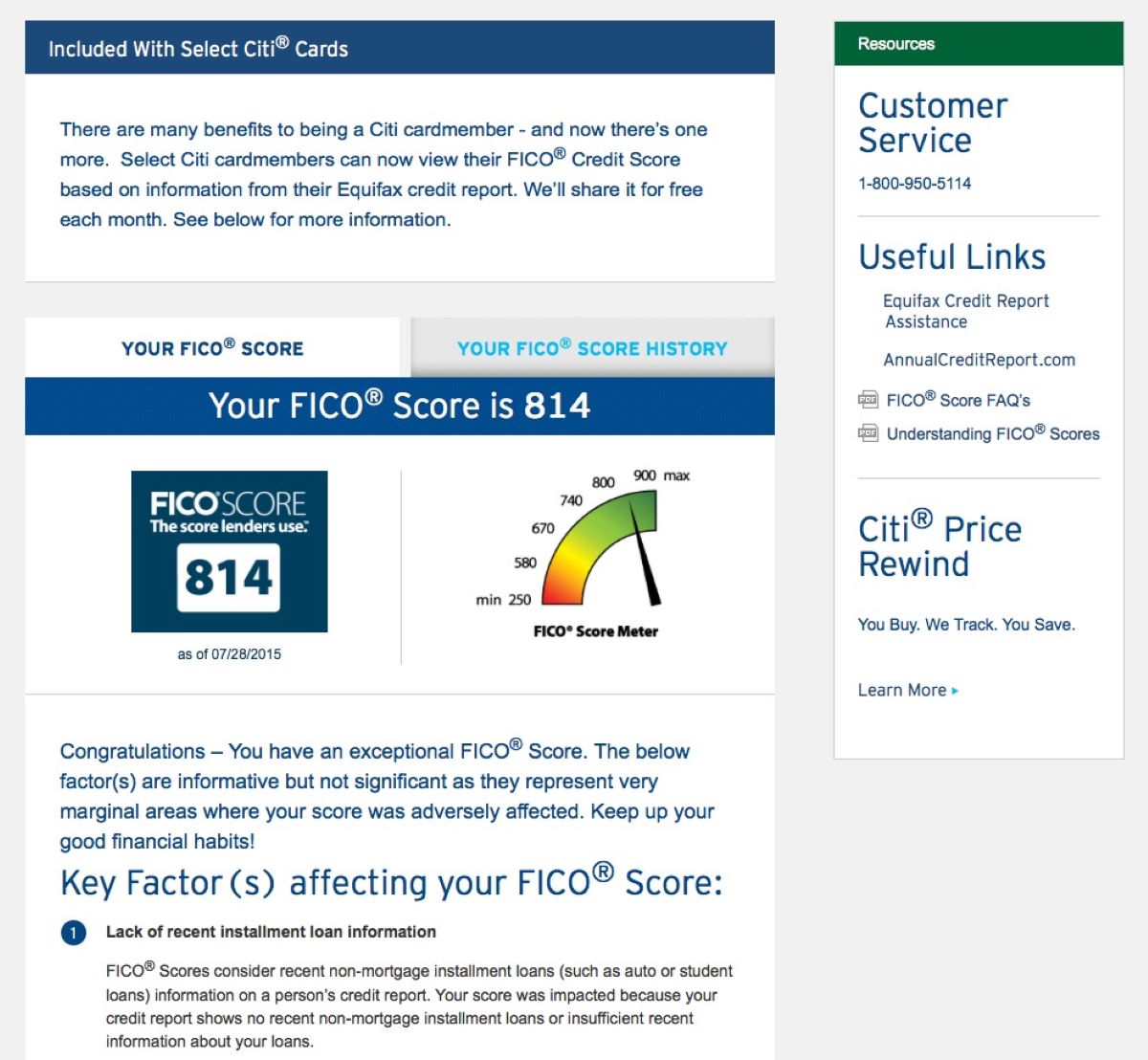Home>Finance>Contract Logistics: Definition, Purpose, Examples, And Benefits


Finance
Contract Logistics: Definition, Purpose, Examples, And Benefits
Published: November 2, 2023
Learn about contract logistics in finance, including its definition, purpose, examples, and benefits. Enhance your financial operations with strategic outsourcing and maximize efficiency.
(Many of the links in this article redirect to a specific reviewed product. Your purchase of these products through affiliate links helps to generate commission for LiveWell, at no extra cost. Learn more)
Contract Logistics: Definition, Purpose, Examples, and Benefits
Welcome to our finance blog, where we provide insightful information on a wide range of topics that can help you make informed financial decisions. In this article, we will explore the world of contract logistics, discussing its definition, purpose, examples, and the many benefits it offers. So, if you’re curious to learn more about contract logistics and how it can positively impact your business, keep reading!
Key Takeaways:
- Contract logistics refers to the outsourcing of various supply chain management activities to third-party providers, allowing businesses to focus on their core competencies.
- Examples of contract logistics services include transportation management, warehousing, inventory management, and order fulfillment.
What is Contract Logistics?
Contract logistics, also known as third-party logistics (3PL), is an arrangement where businesses outsource their supply chain management activities to specialized logistics providers. This partnership with a contract logistics provider allows companies to streamline their supply chain processes, reduce costs, and improve overall efficiency.
Contract logistics encompasses a range of services that can be tailored to meet the unique needs of each business. These services often include transportation management, warehousing, inventory management, order fulfillment, and value-added services like kitting, labeling, and customization. By entrusting these essential tasks to a dedicated partner, businesses can focus on their core competencies and strategic initiatives.
Purpose and Examples of Contract Logistics
The purpose of contract logistics is to optimize the flow of goods and information throughout the supply chain, ensuring that products are delivered to customers efficiently and effectively. To illustrate this, let’s look at a few examples of contract logistics in action:
- Transportation Management: A company contracts with a logistics provider to handle all aspects of transportation, including selecting carriers, managing routes, and tracking shipments. This allows the company to reduce transportation costs, improve delivery times, and gain access to the provider’s expertise and network of carriers.
- Warehousing: A business partners with a contract logistics provider to store its inventory in a strategically located warehouse. The provider manages all warehouse operations, including receiving, storing, and picking products for shipment. This arrangement allows the business to avoid the costs and complexities associated with operating its own warehouse.
- Order Fulfillment: An e-commerce company collaborates with a contract logistics provider to handle its order fulfillment process. The provider receives customer orders, picks and packs the products, and ships them to the customers. By outsourcing this critical function, the e-commerce company can focus on marketing, product development, and customer satisfaction.
The Benefits of Contract Logistics
Partnering with a contract logistics provider offers businesses a range of benefits that can contribute to their overall success. Here are some key advantages to consider:
- Cost Savings: Contract logistics providers typically have extensive networks and established relationships with carriers, which allows them to negotiate favorable rates. By outsourcing logistics functions, businesses can reduce inventory holding costs, transportation expenses, and labor costs associated with managing their supply chain in-house.
- Expertise and Efficiency: Contract logistics providers are specialists in their field, bringing expertise and knowledge that can optimize supply chain processes. They have advanced systems and technologies in place to streamline operations, track shipments, and provide real-time visibility. This expertise and efficiency lead to improved accuracy, faster delivery times, and enhanced customer satisfaction.
- Flexibility and Scalability: One of the significant advantages of contract logistics is its ability to scale with the needs of the business. Whether a company experiences seasonal fluctuations in demand or rapid growth, a contract logistics provider can quickly adapt and adjust operations to meet changing requirements.
- Focus on Core Competencies: By outsourcing logistics functions, businesses can concentrate on their core competencies and strategic initiatives. This allows them to allocate resources towards activities that drive growth and competitive advantage, ultimately enhancing their overall performance and profitability.
Contract logistics is an invaluable tool for businesses looking to optimize their supply chain operations and drive success. By partnering with a reliable contract logistics provider, companies can unlock a host of benefits, from cost savings and efficiency gains to enhanced flexibility and focus on core competencies.
If you’re interested in exploring the world of contract logistics further or considering its implementation in your business, don’t hesitate to reach out to us. Our team of experts is here to provide guidance and support to help you make the best decisions for your financial success.














